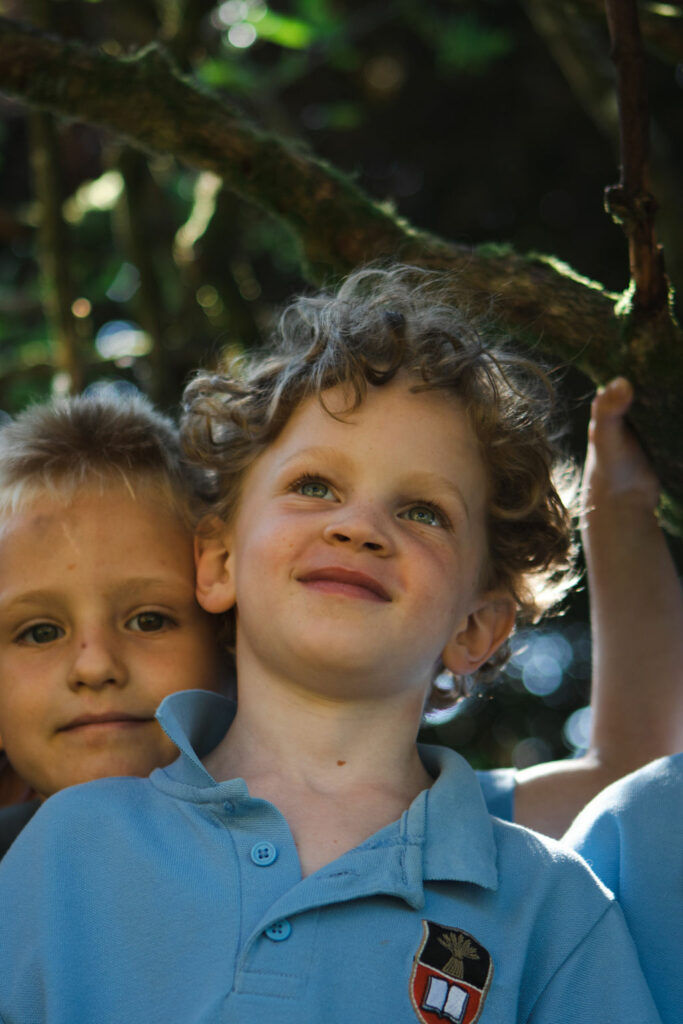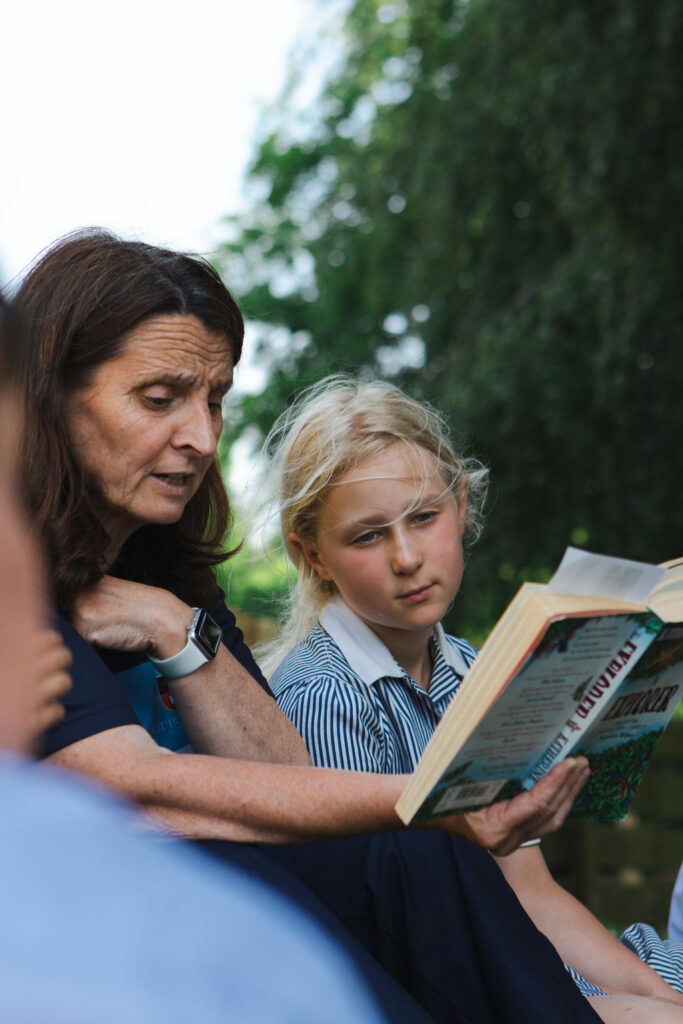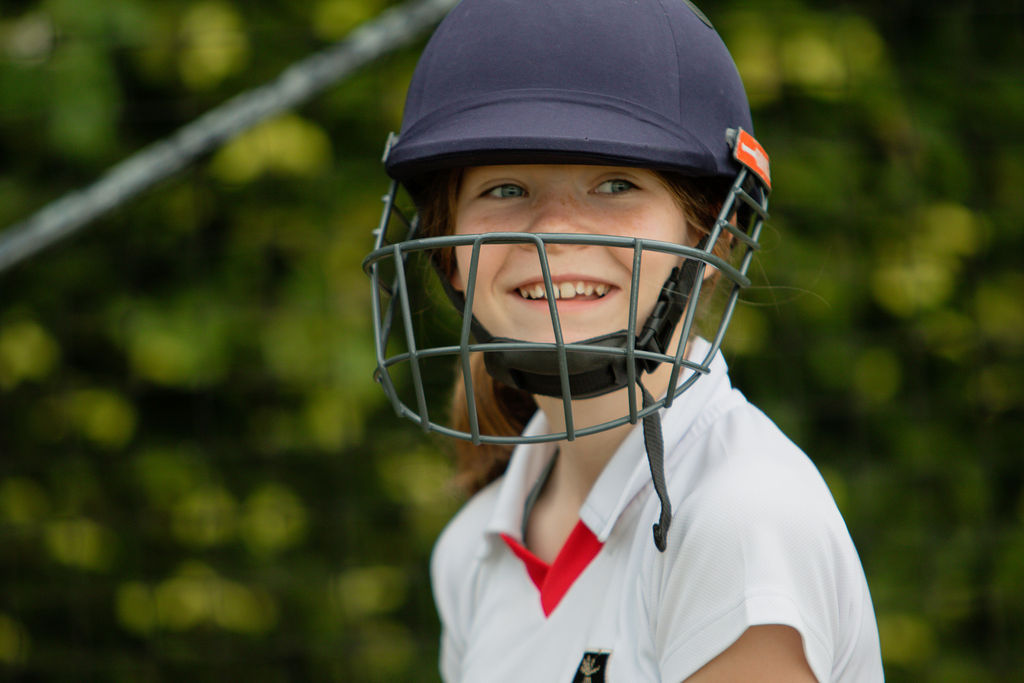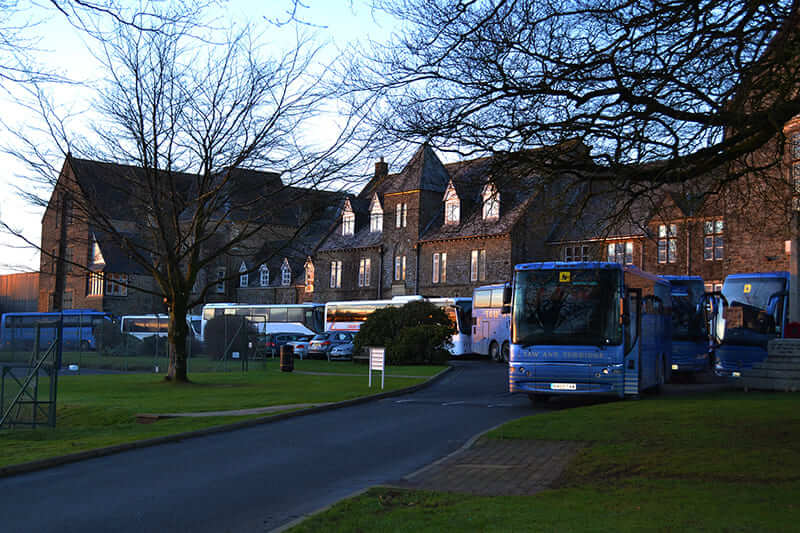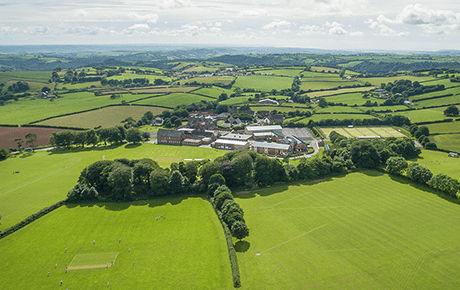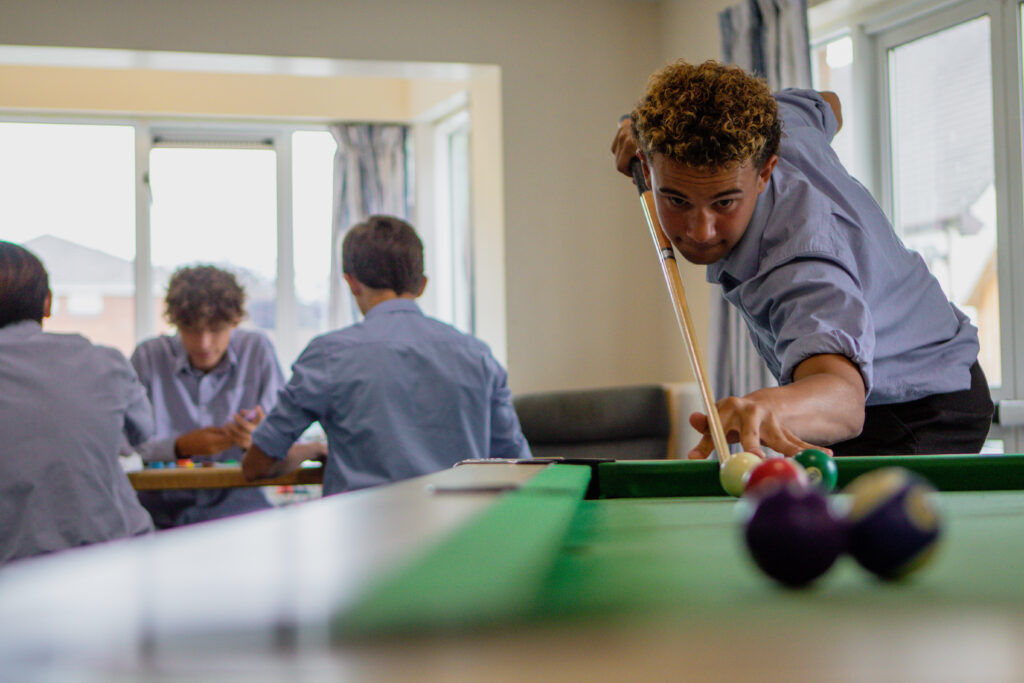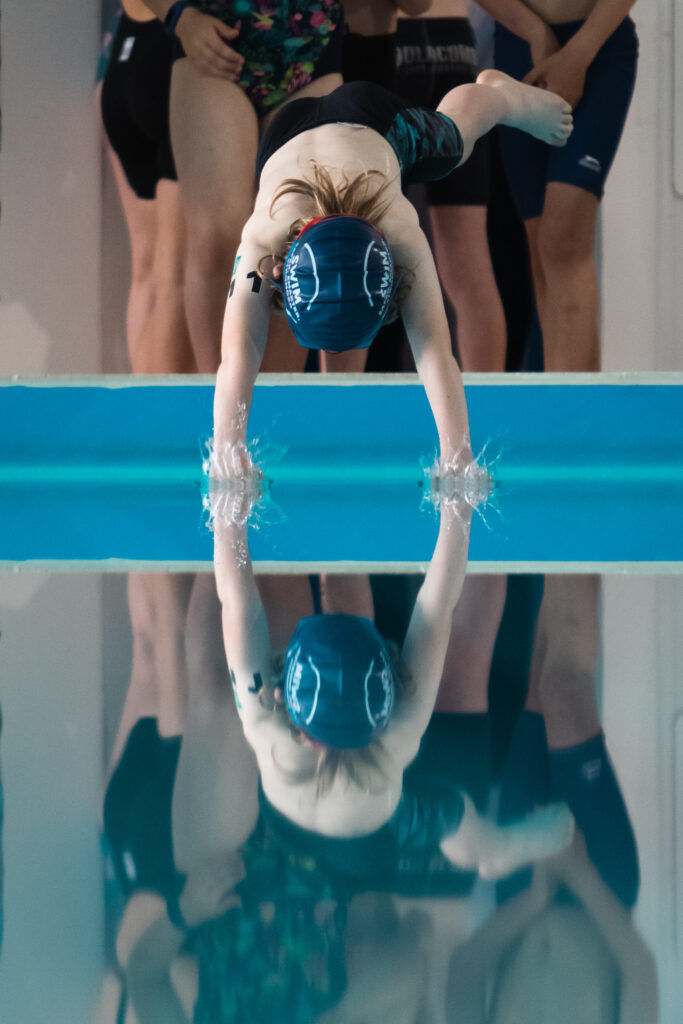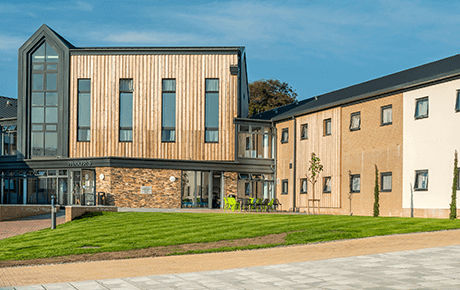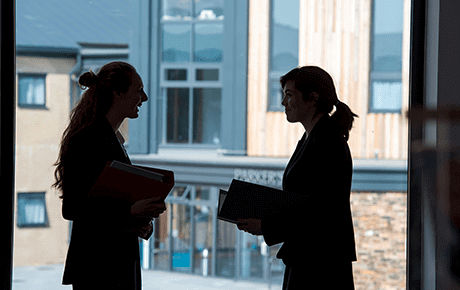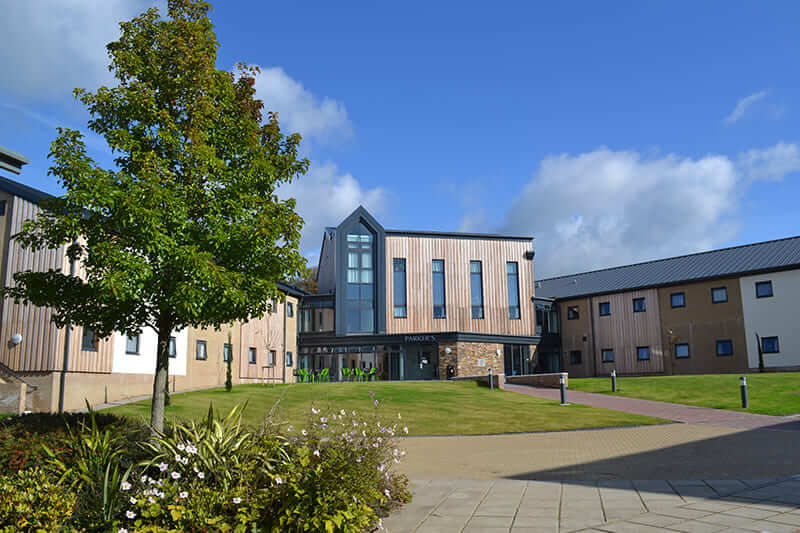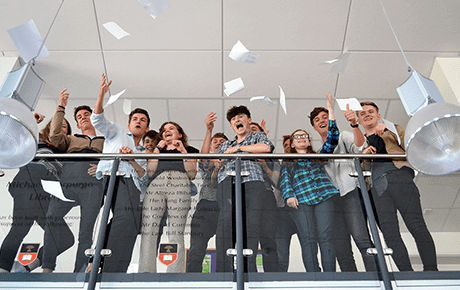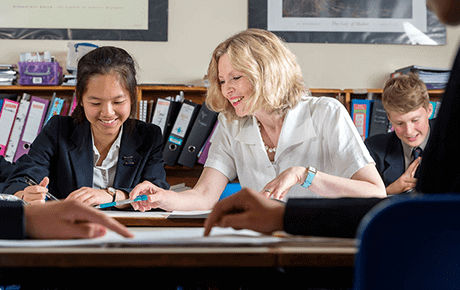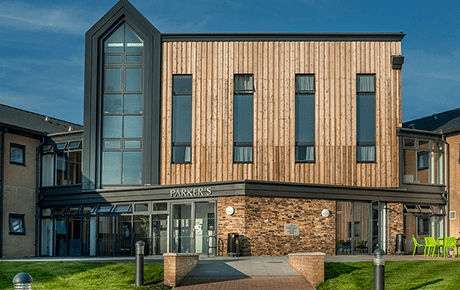

OUR HISTORY
Our history is our heritage and an important part of who we are as a school. Even as we strive to improve and develop, we keep track or our roots - which go right back to 1852...
Three pupils and a lot of optimism
In 1852, a consumptive young clergyman called Joseph Lloyd Brereton became the rector of West Buckland. He had come to the fresh air of Exmoor for his health. He made friends with Lord Ebrington, (son of Earl Fortescue), who had also retired to Devon owing to ill health – in his case a bad eye infection. Ebrington (or Earl Fortescue, as he became on the death of his father) was as interested in education as Brereton. The result of their friendship was the West Buckland Farm and County School, set up – with a headmaster barely out of his teens, only three pupils, and a lot of optimism – in 1858.
The School was run as a private shareholding company, and was designed to attract the sons of the ‘middle class’ – farmers, local tradesmen, and so on. Ordinary people. For this reason the fees were kept lower than average – and the facilities were correspondingly that much more spartan. The curriculum was modern – no more endless Latin and Greek. More Science and Maths. Religious education was non-denominational – Christian feeling rather than Christian dogma. It was way ahead of its time.
WBS is born
The School prospered, the pupil numbers topping 150 within twenty-five years. But the Agricultural Depression of that time hit hard, and farmers could no longer afford even the modest fees. Numbers began to fall, a process not helped by a dispute between the then Headmaster and the Governors, which resulted in the Head leaving and taking over half the boys with him to set up another school. These and other troubles meant that the School came close to closure twice in a decade round about the turn of the century.
However, under a gifted new Headmaster, the Revd Harries, the School recovered. It changed its form of organisation from a private-share company to an independent fee-paying school, and it changed its name from the Devon County School to, simply, West Buckland School.
Forward Thinking
Two world wars naturally made their impact, as they did on other schools, but by the end of the century, West Buckland had survived all crises and dramas. Through its Direct Grant status and, later, through the Assisted Places scheme, both of which removed the barrier to good secondary education which stood in the way of bright children from poor homes, it had continued to widen its scope of opportunity for the neighbourhood. The opening of its gates to girls widened that scope further, and the development of a Preparatory School further still. It has grown to over 600 pupils – of whom about 120 are boarders – of both sexes, evenly split. It has been host to pupils from over fifty foreign countries too.
It constantly tries to raise funds to develop its facilities, in sport and in the setting up of bursaries – to continue its policy of giving a chance to bright children from less fortunate backgrounds. In the twenty-first century, it continues to do its best for its pupils – still ordinary people – according to its lights, as it has always done, while at the same remaining loyal to the ideals and aspirations of the Revd. Brereton and Earl Fortescue. We like to think they would approve of what has been achieved. Brereton and Fortescue were forward thinking; so are we.
Berwick Coates
West Buckland’s Archivist


